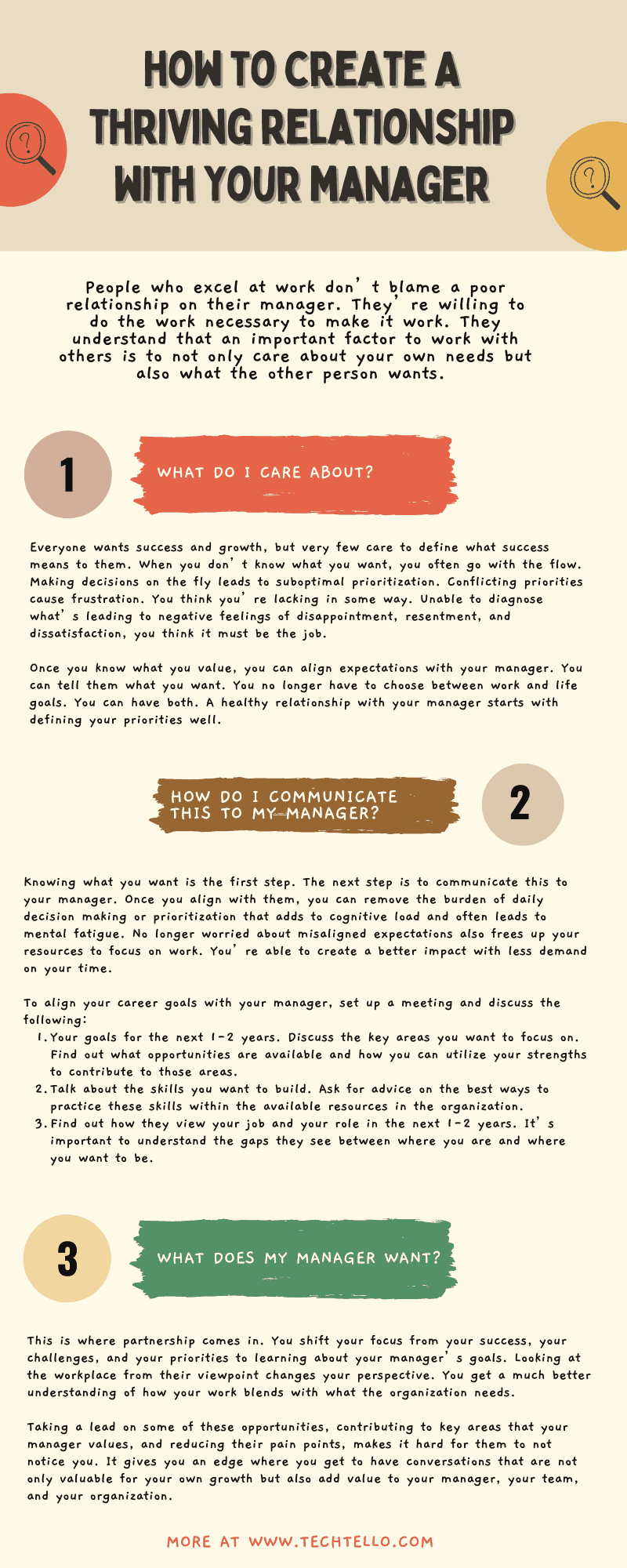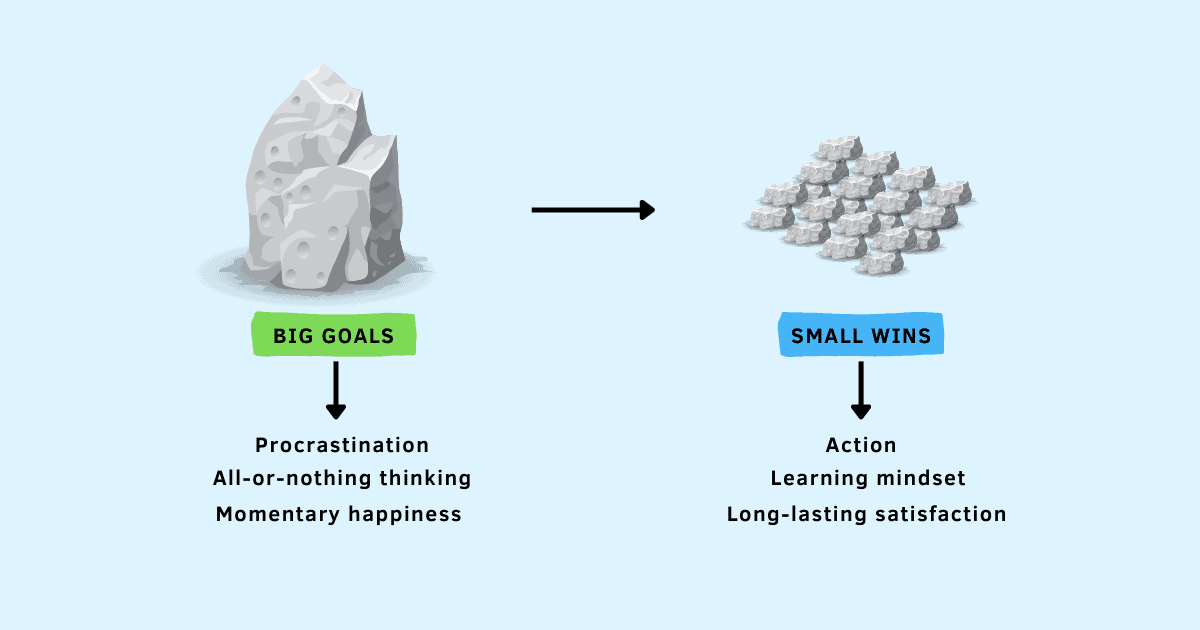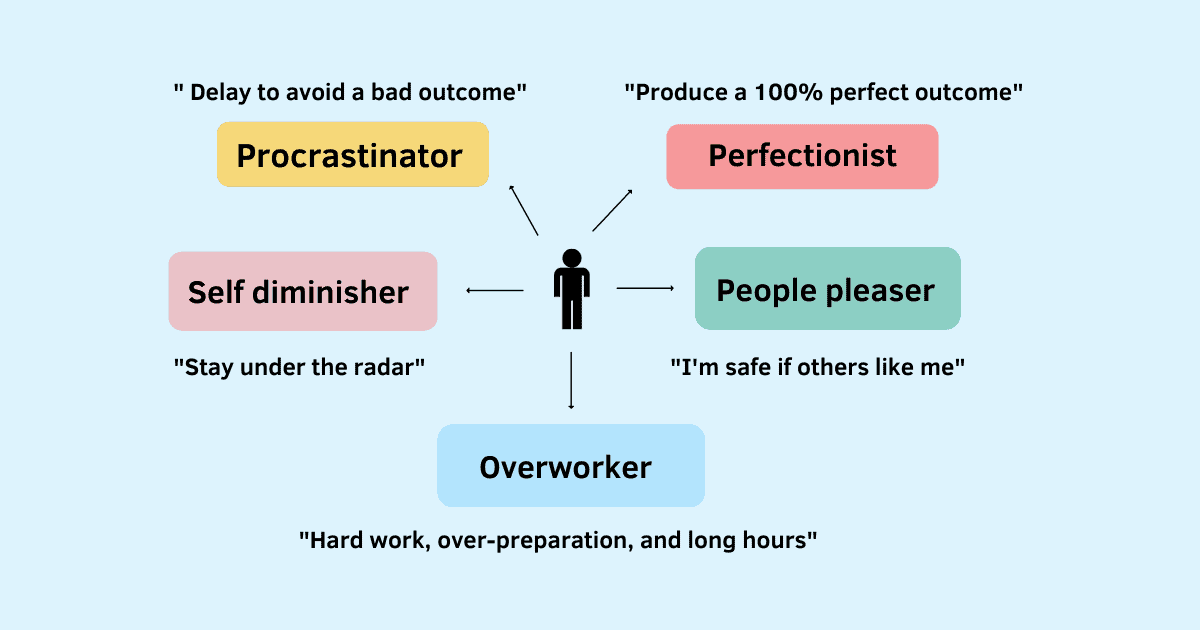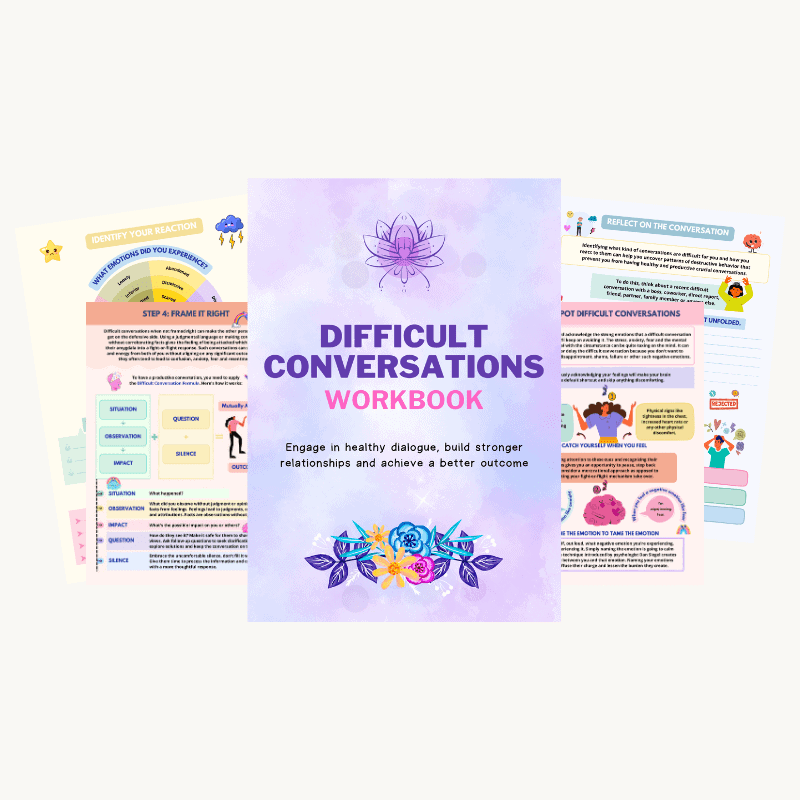How To Create A Thriving Relationship With Your Manager
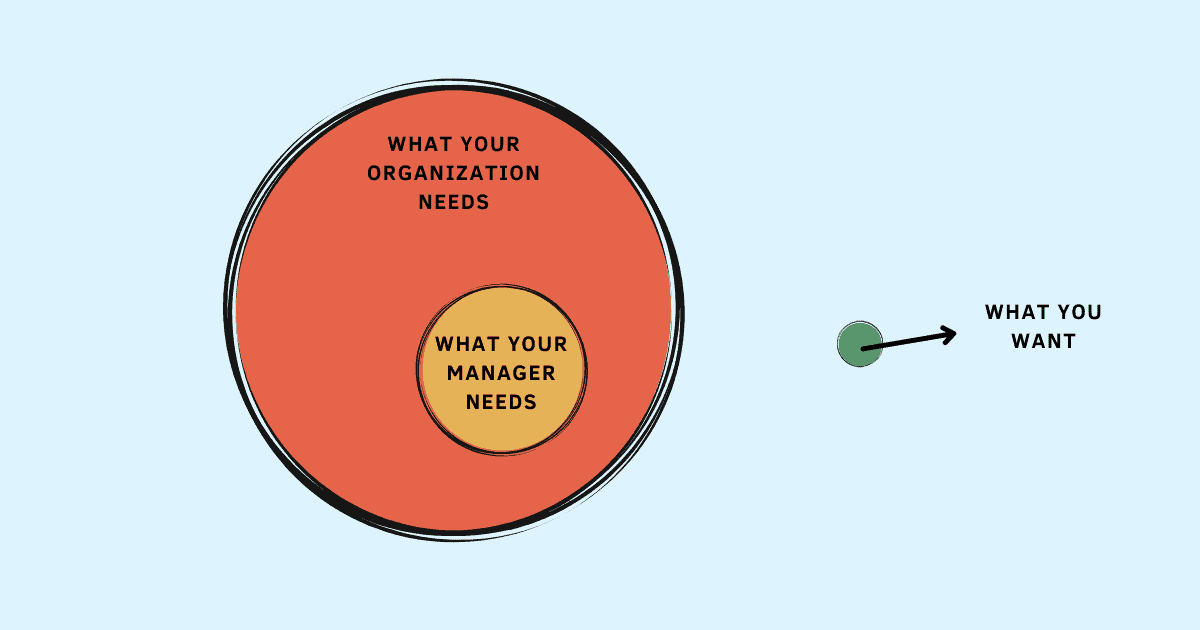
What kind of relationship do you have with your manager? Is it a thriving one or are you barely surviving? Most people attribute a poor relationship with their manager to be the manager’s fault. If the relationship isn’t working, the manager must either be bad, uncaring, or downright incompetent.
Out of hundreds of things a manager is expected to do, maintaining a healthy relationship with their people is just one of them. And it’s true that a good part of a manager’s job is to invest time in their people and their growth. But a relationship isn’t a one-way street. You can’t have a healthy relationship with your manager unless you are invested in your own growth.
In my experience, people who excel at work don’t blame a poor relationship on their manager. They’re willing to do the work necessary to make it work. They understand that an important factor to work with others is to not only care about your own needs but also what the other person wants.
This is the key differentiator. When you’re willing to look beyond yourself to what your manager also wants, they see you as an ally. Your leadership abilities stand out. It’s a partnership and no longer a one-way street. They’re invested in you precisely because they see how much you want to make it work.
When you manage up well, your manager has to do less managing down. Put yourself in their shoes and think about their busy schedule. It’s a big relief to have someone else shoulder the responsibility. Someone who not only cares about succeeding but is also willing to share their pains.
When you think of your relationship with your manager as a partnership, it changes the game. You stop seeing success in isolation. Your work is no longer about your own goals, but also how they fit within the goals of your team and your organization. It’s a subtle shift that often comes with huge personal rewards and long-term gains.
People fail at managing up when they primarily look at their boss as leverage to their career and have zero empathy for them. Good managing up is someone who is a giver to their leader; bad managing up is someone who is only a taker.
— Matt Greenberg, Reforge CTO
To build a healthy relationship with your manager, connect the dots to your own success starting with these three questions:
- What do I care about?
- How do I communicate this to my manager?
- What does my manager want?
Let’s explore each in detail.
What do I care about?
Everyone wants success and growth, but very few care to define what success means to them. When you don’t know what you want, you often go with the flow. Making decisions on the fly leads to suboptimal prioritization. Conflicting priorities cause frustration. You think you’re lacking in some way. Unable to diagnose what’s leading to negative feelings of disappointment, resentment, and dissatisfaction, you think it must be the job.
And if your job isn’t working, it must be your manager’s fault. Your manager just doesn’t understand. They don’t care about what you want. But think about it, is it really your manager’s fault when you haven’t even defined what success means to you in the first place?
Once you know what you value, you can align expectations with your manager. You can tell them what you want. You no longer have to choose between work and life goals. You can have both. Do you care about leaving home early to have dinner with your family or do you care more about a flexible schedule in the morning? At work, are you more interested in solving complex problems or is it leading a team that energizes you?
These are simple questions. And yet, we don’t consciously think about them. We leave most things to luck, even though luck plays a very small role in our success.
A healthy relationship with your manager starts with defining your priorities well. To do this, ask yourself these questions:
- What are your career and life goals? Both are important. Leaving one out often leads to stress and confusion later.
- What skills do you want to build?
- What do you care about more at work – learning, specific kind of opportunities, fewer meetings, growth, expertise on something? A list of your top two priorities about work will help set clear expectations with your manager.
- What are your strengths? How can you leverage these strengths to better manage your goals?
“When you first sit down to ponder your goals for the future, remember to have your core values and life priorities handy as points of reference. As long as your values and priorities remain valid, they should be the compass for directing your goals. Otherwise, you set yourself up for a future of frustration and unhappiness,” says S.J. Scott in Declutter Your Mind.
It may be a little tough to get these answers for yourself in the beginning. But, if you think about them often, over a period of time, you will know what you want. You don’t have to lock down your life goals forever. As you grow, your goals will also change over time. Repeat this exercise. Revise them and reset expectations with people who need to know about them.
How do I communicate this to my manager?
Knowing what you want is the first step. The next step is to communicate this to your manager. Once you align with them, you can remove the burden of daily decision making or prioritization that adds to cognitive load and often leads to mental fatigue. No longer worried about misaligned expectations also frees up your resources to focus on work. You’re able to create a better impact with less demand on your time.
To align your career goals with your manager, set up a meeting and discuss the following:
- Your goals for the next 1-2 years. Discuss the key areas you want to focus on. Find out what opportunities are available and how you can utilize your strengths to contribute to those areas.
- Talk about the skills you want to build. Ask for advice on the best ways to practice these skills within the available resources in the organization.
- Find out how they view your job and your role in the next 1-2 years. It’s important to understand the gaps they see between where you are and where you want to be.
Practice key points you want to communicate and show flexibility to hear your manager’s viewpoint. Seeking their advice and feedback on your goals and priorities is important. You don’t want to come across as demanding.
Remember this though: communicating this once is not enough. Your manager has a lot of things on their mind. You’re the one who has to take the lead and reinforce your priorities. You have to remind them of the opportunities you need. You have to work on finding new and creative ways to practice your skills.
Have regular discussions with your manager on opportunities and priorities. Keep them in the loop on what you’re doing, the challenges you’re facing and the solutions you’re implementing. Seek their advice on better ways to do these things. By taking an active lead, you’ll spend less time feeling disappointed, anxious, and stressed and more time in productive growth.
What does my manager want?
This is where partnership comes in. You shift your focus from your success, your challenges, and your priorities to learning about your manager’s goals. Looking at the workplace from their viewpoint changes your perspective. You get a much better understanding of how your work blends with what the organization needs.
Taking a lead on some of these opportunities, contributing to key areas that your manager values, and reducing their pain points, makes it hard for them to not notice you. It gives you an edge where you get to have conversations that are not only valuable for your own growth but also add value to your manager, your team, and your organization.
You’ll never know everything that’s in your CEO or boss’s head. They may very likely be working off an entirely different set of assumptions than you. Part of our job is to ask questions and make sure we’re all working off the same information to the best of our ability. The other important part is to make sure that we are aligned on expectations and results, irrespective of what information we might be privy to. This takes real work and effort but is required for success, especially in these really fast-paced environments.
— Joanna Lord
To understand what your manager wants, ask these questions:
- What does success look like for your manager?
- What challenges do they face?
- What are their top priorities?
- What keeps them up at night?
- What pain points keep them anxious and stressed?
Work with your manager to identify how you can help and add more value. Proactively approaching them and lending them a hand in contributing to their areas of focus goes a long way in showcasing your abilities, building trust, and doing impactful work.
Once you have a thriving relationship with your manager, work brings in extra joy. You feel a sense of progress, purpose, and belonging that’s essential for your mental health and personal well-being. Instead of holding your manager responsible, learn to manage up and take charge of your own growth.
Summary
- Managing up is a key skill to take charge of your own growth at work.
- Your success doesn’t happen in isolation. It’s a balance between what you want and what your manager needs.
- When you treat your relationship with your manager as a partnership and stop blaming them for the way things are, it changes your perspective.
- Building a thriving relationship with your manager requires work. You have to take the lead.
- Identify your life and career goals, skills you want to build, strengths you possess, and small things that matter to you.
- Discuss these expectations with your manager. Seek advice on your goals and discuss the opportunities you need to practice new skills and achieve success and growth.
- Shift your perspective from focusing only on the self to also understanding what your manager wants.
- Learn about how your manager defines success, what are their top priorities and pain points and take a lead on some of these opportunities.



